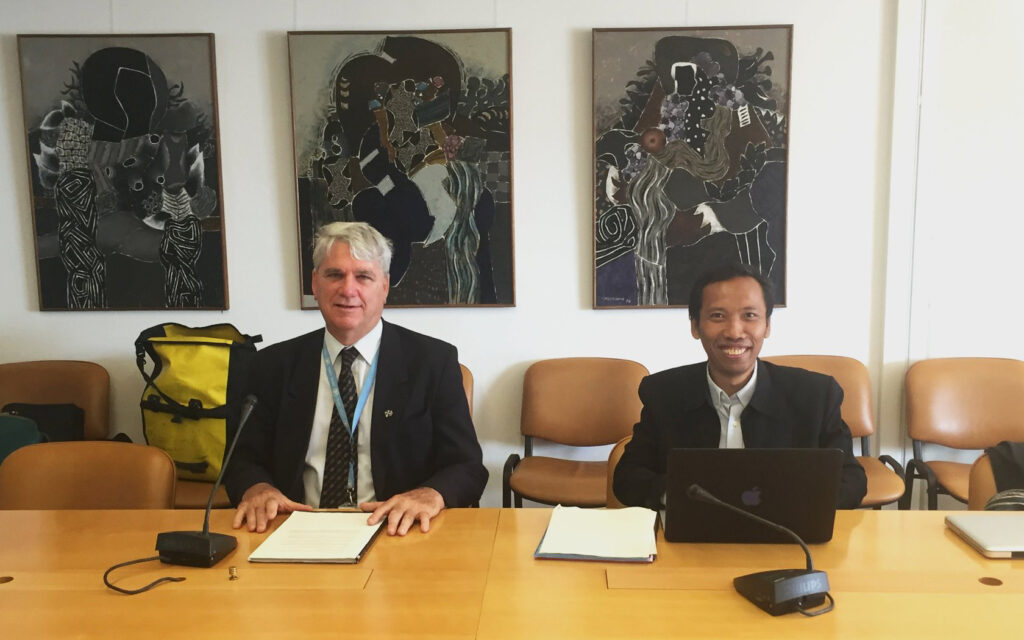Human mobility and global migration have been gaining increasing attention and visibility, as we are faced with an unprecedented crisis surrounding the lives and security of forcefully displaced people. The Secretary General of the United Nations, Ban Ki-Moon, has noted that 2016 is proving particularly deadly for migrants and asylum seekers, and has called for the international community to address the root causes of such movements, protect people en route and at borders, prevent discrimination, and promote inclusion. In September 2016, the UN in New York will hold a high-level summit on addressing large movements of refugees and migrants. Member States will have the opportunity to discuss and exchange information about the challenges and commitments that these migration movements call for.
Franciscans International (FI) is dedicated to addressing the issues surrounding migrants and asylum seekers from a human rights perspective, focusing on the protection of migrants and their rights in several regions of the world. FI and partners have repeatedly been calling for governments to take stronger measures to ensure that asylum seekers and migrants in their territories are enjoying their most basic rights.
In this context, FI joined partners Destination Justice, Edmund Rice International, and ICJ in sponsoring the presentation of a new online database, developed by Global Detention Project, to track immigration data globally. The event took place at the United Nations in Geneva, on June 14th 2016, as a side event to the Human Rights Council.
Immigration detention is often a process which is far less transparent than the criminal detention system; it is obscured by the use of opaque terminology (‘removal centres’, ‘migration stations’, ‘border reception centres,’ etc.) and the legislation changes constantly. The database represents a great step forward in transparently documenting state practices towards the detention of migrants. It is a rich resource for policy-makers, civil society actors, and human rights institutions seeking information about the evolution of detention practices, and information on detention centres and other immigration control regimes per country. Several NGOs and civil-society actors present at the event shared their enthusiasm about the database and committed to using it to further their work in protecting the human rights of migrants, asylum seekers, and refugees.
To access the Global Detention Project’s database, click here.

